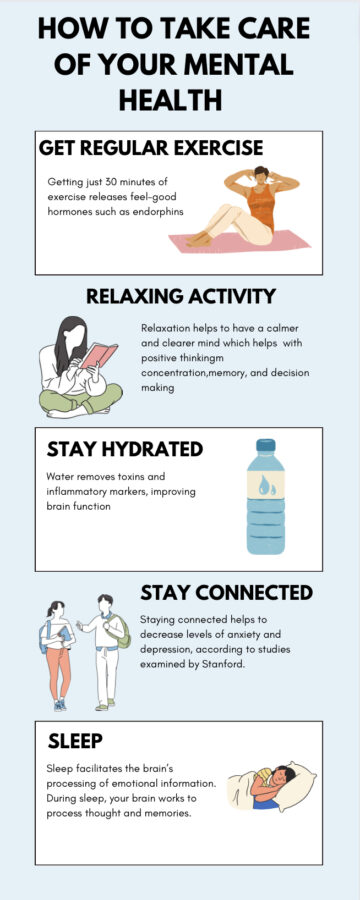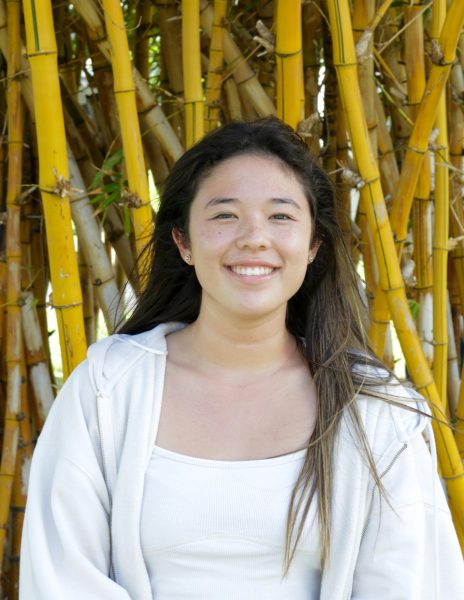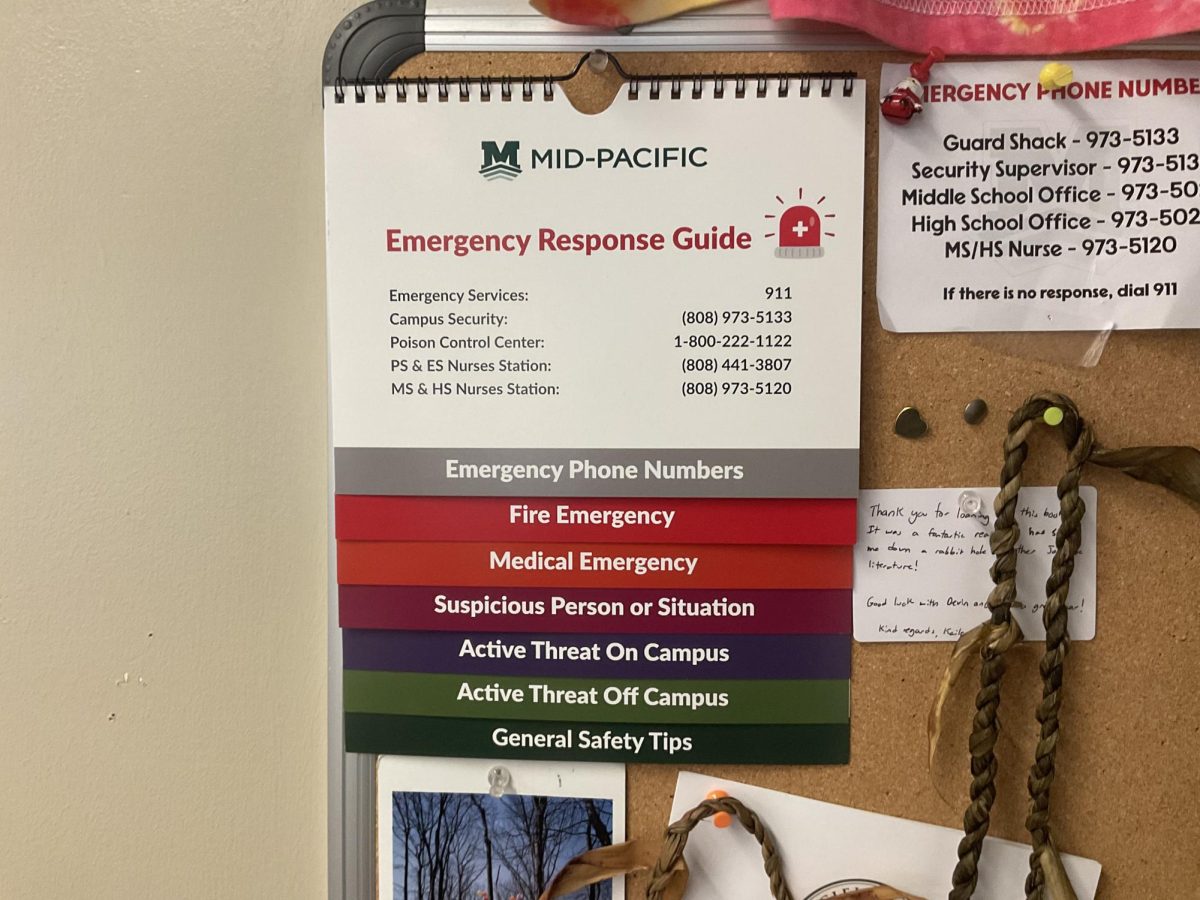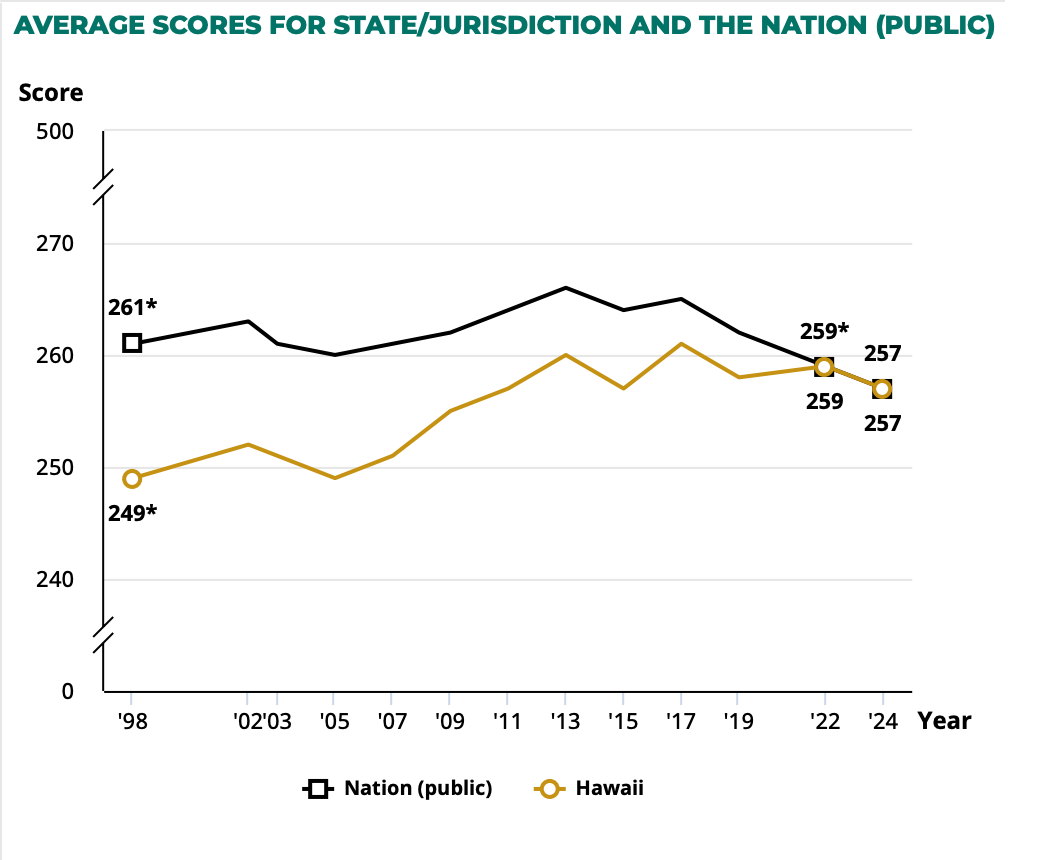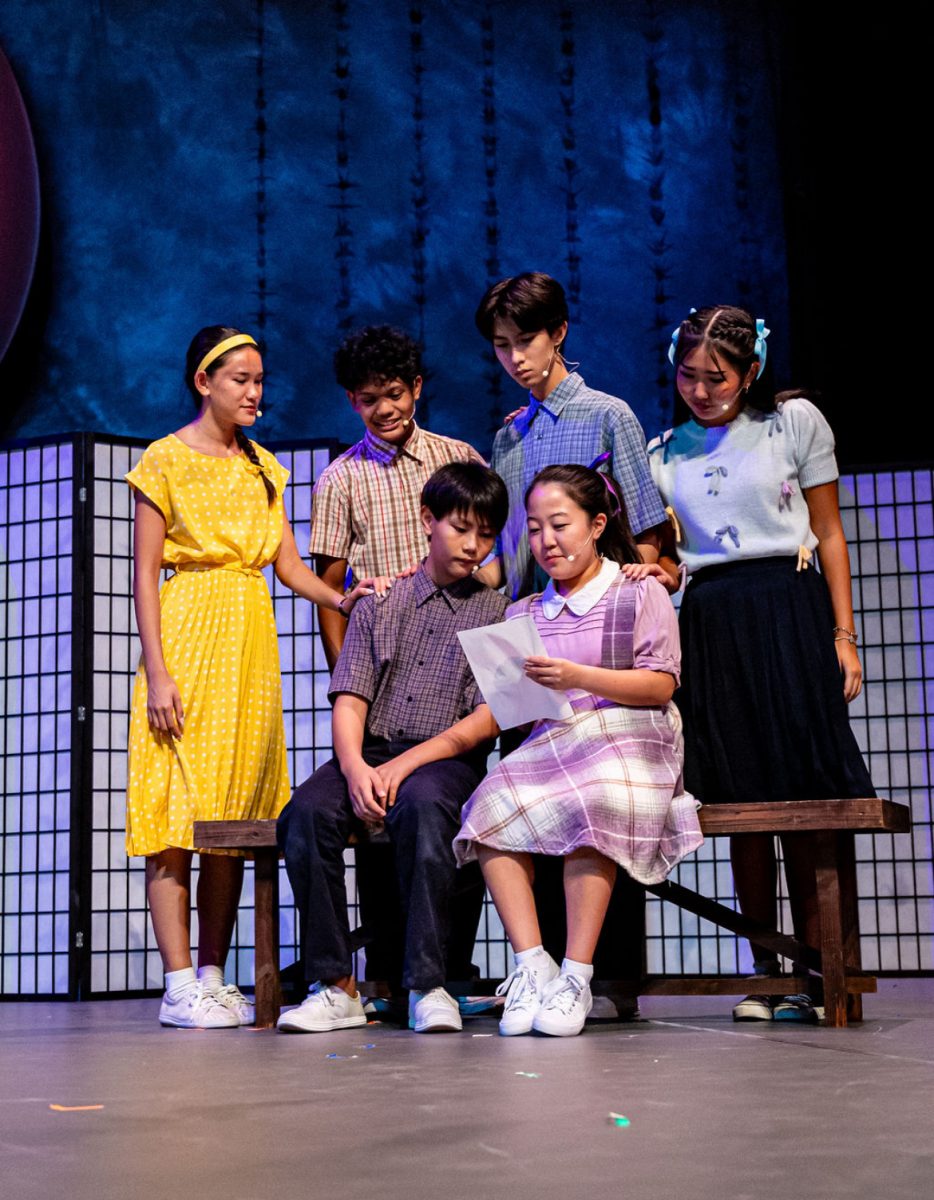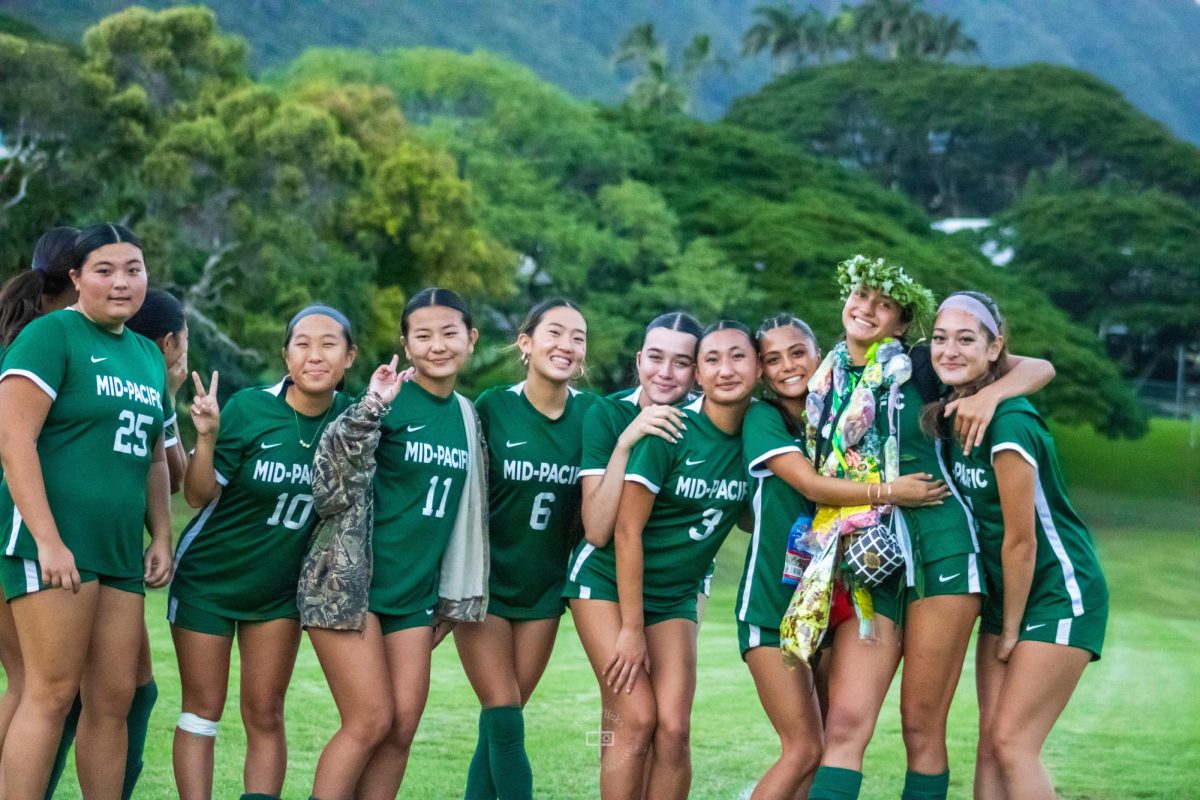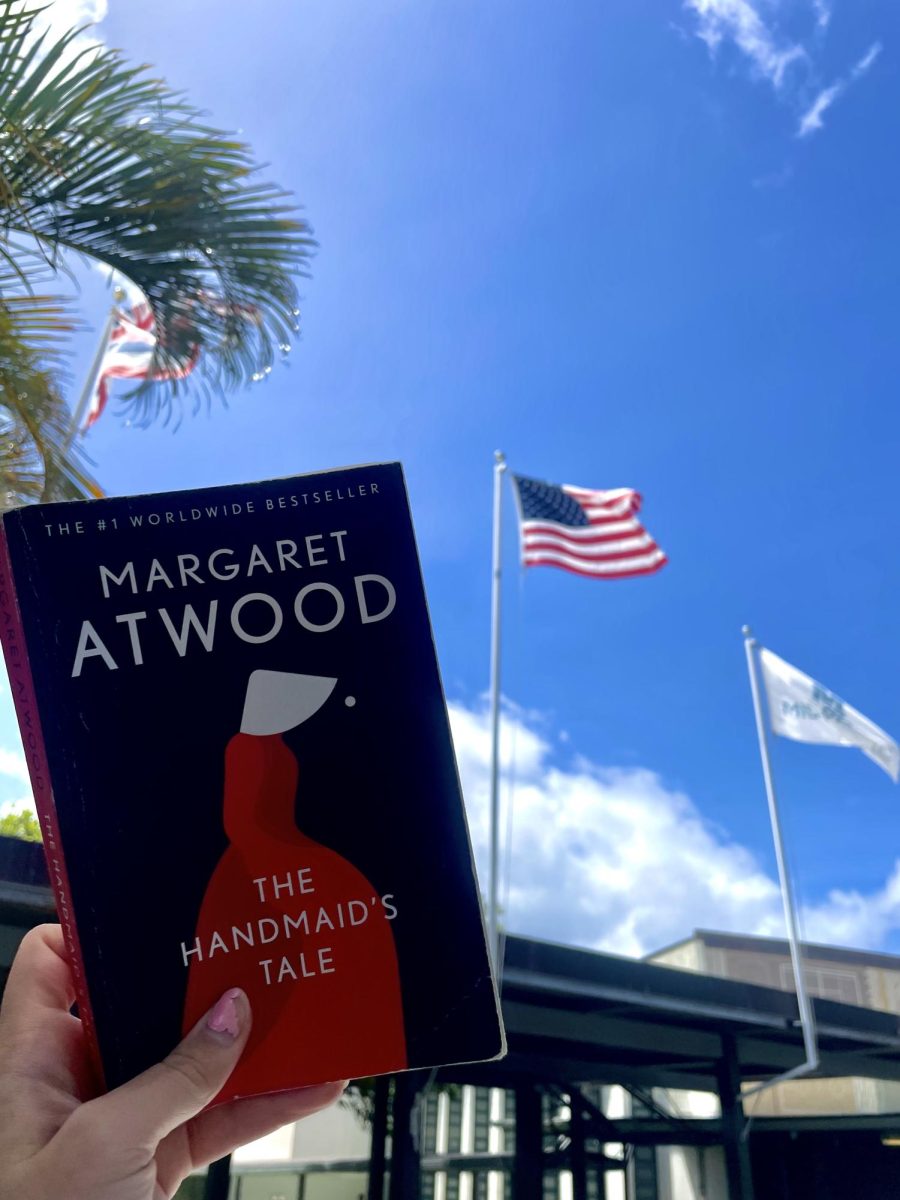Mental Health of Student Body Following COVID
March 1, 2023
[If you or anyone you know is struggling with their mental health, please text/call (741-741) (crisis hotline) something, or call 988 (suicide hotline).]
With two years of no physical contact, awkward zoom calls, and the lack of experiencing the ups and downs of a normal middle and high school career, many teenagers’ mental health has fallen into a noticeable decline.
Among those are the students at Mid-Pacific.
“I’ve seen more severe mental health in the past few years than I have in my past 20 years of teaching,” said Maya Garcia, a freshman English teacher.
According to a student survey conducted by Na Pueo staff, 64% have experienced a significant decline in their mental health following COVID.
To address students’ mental health, the school had previously started the Hawaii Center for Children and Families (HCCF), in August 2015. The signs among students that this facility needs to take action at Mid-Pacific were seen early on through academic problems, overly emotional tendencies, perfectionism, social withdrawal, and many others. This facility has proven to be helpful over COVID.
“I feel like all the kids were just isolated, and didn’t really have their friends to talk to and places to go,” Jay Lee, a counselor at HCCF said.
When asked if students’ increase in anxiety and depression correlated with the appearance of COVID, Lee answered in the affirmative.
“I would say so. It depends on a kid to kid basis, but stress is [overall] definitely heightened,” Lee said.
Assistant Principal of Student Life, Rebecca Hodge, believes that the virus has been nothing but detrimental to students.
“I think that [COVID] has made students less social. I think that it’s made them less eager to engage with other people, it’s made them more reclusive,” Hodge said.
The restrictions on social contact were difficult for some of the pupils.
“Because I was away from my friends, I couldn’t really talk to them about certain things that were bothering me, like, well, isolation,” freshman Lisa Schroeder said.
The virus has not only interfered with students’ social lives but also stunted their academic growth. Students have been doing worse in their studies upon the return from the pandemic.
“There is a general change in motivation,” Garcia said. “I see fewer students taking advantage of office hours, I see fewer students putting in the extra time, asking questions. I feel like people are just standing around, asking, ‘what’s it all for in the end of it?’ ‘Does it even matter?’ ‘Is this worth my time?’ ‘I have other things to do.’”
Motivation is not the only problem among students- Hodge believes that quarantine interfered with the typical Mid-Pacific academic structure.
“Here at Mid-Pac, we like to use a collaborative environment where students are working together and students have gotten used to not working with other students,” said Hodge.
Despite this, the effects of quarantine are not completely negative; it has proven itself beneficial for certain individuals, as many have found themselves thriving under the circumstances they’ve been thrust into.
“COVID didn’t affect me in a negative way, more in a positive way, somehow? While we were in quarantine, I had time to reflect about myself and make myself better, so I got to find new hobbies, or get better at stuff I’ve already participated in,” sophomore Daniel Oato said.
In many cases, COVID’s effects on students’ mental health have been significantly less than the adjustment to high school.
“A lot of my touchpoints with the ninth graders I’ve been working with has been about managing the coursework,” Freshman Dean Eren Regua said. “In working with ninth graders [following COVID], the focus has been less about depression, stress, anxiety, and more about ‘hey, this is different from eighth grade.’”
Certain students have found the academic coursework more stress-inducing than the return to the regular school year from COVID.
“It wasn’t COVID, it was school. [the workload] screwed me over so hard,” freshman Shea Yuen said.
Freshman Nyalin Jolikep believes that the break from school during quarantine made the transition back in much more difficult academically.
“Since students were gone from school for a couple months, it’s difficult for [them] to get back to their train of thought,” she said.
No matter what you are struggling with, don’t be afraid to reach out, is sophomore Miabella Naval’s philosophy. “Even when life gets you down, know you’re not the only one struggling,” she said.

